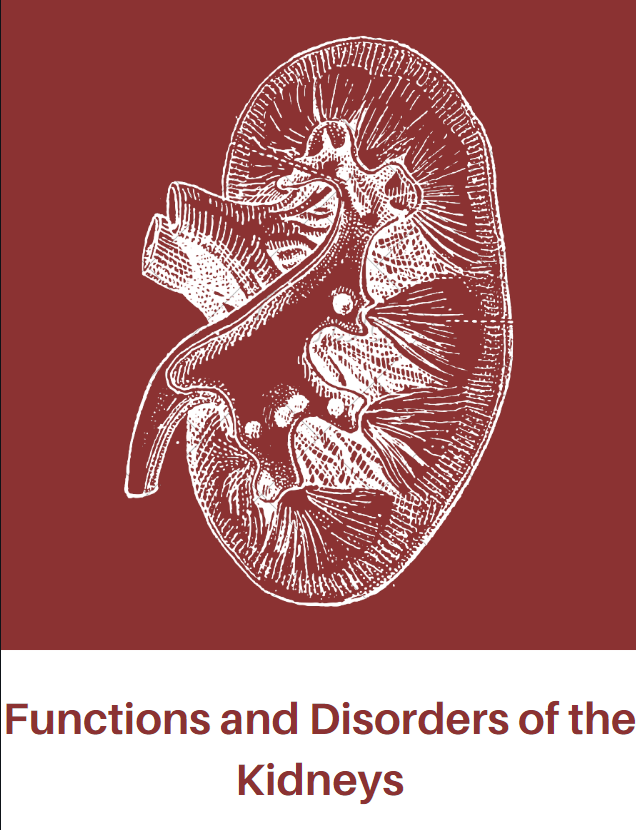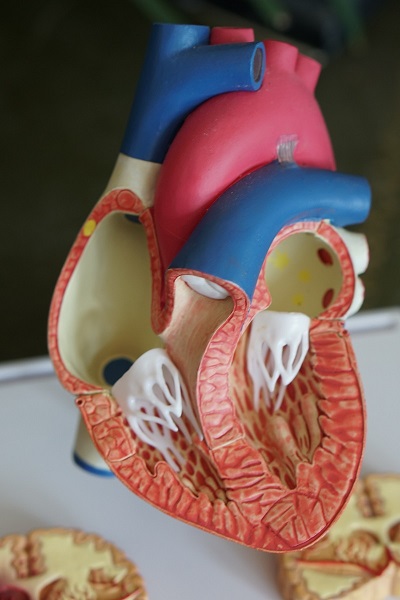This article is based on the book Harrison’s Principles of Internal Medicine written by Robert M Brenner and Barry Brenner. With due credits to them, we begin our article on kidney (renal) and urinary tract functions and disorders.
Disturbances in kidney functions
Disorders or disturbances in kidney functions could result from multiple factors. The first one being nephron loss or loss in function of the nephrons. It can be also due to reduction in the filtration rate, imbalance in the electrolytes of the nephron, inability in reabsorption of water in the nephrons and a few other factors as well, which can be all put under the heading ‘Kidney Failures’.
Functioning of the kidneys
Before discussing renal disorders and failures, we will first understand a little bit about the functioning of the kidneys. During their day-to-day functioning, the volume, tone and distribution of the body fluids are essentially within the normal range. This range may vary based on factors like intake of water, intake of food and the internal environment through which unwanted substances are excreted. It is in fact, the biggest part from where the unwanted substances are removed from the body.
The kidneys are also responsible for regulating the composition and volume of plasma. Plasma is the water content in the blood and also the water content present in-between the cells, known as extracellular fluid water. There is a continuous exchange of water and solutes in the various systems of the body, which leads to an exchange of gases, exchange of nutrition, removal of metabolic waste, urea, creatinine, end products of nitrogen and so on. Thus, it is very important that the water content in the body should be maintained at the appropriate level; otherwise, the body would start suffering from various ailments and disorders.
In our next few articles, we will try to understand the excretory function of the kidneys and examine the various functions or factors, which can lead to chronic kidney diseases.











